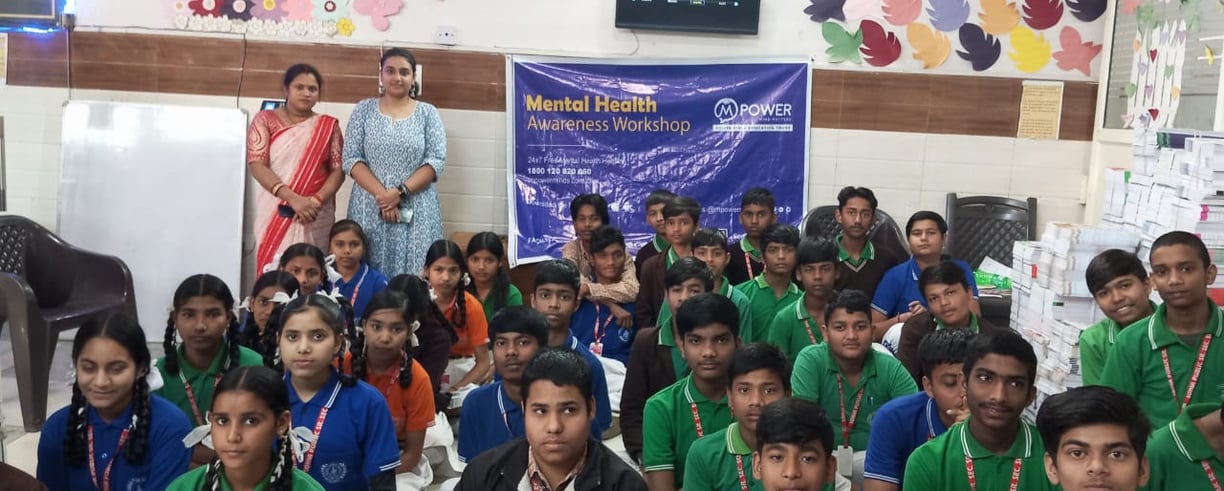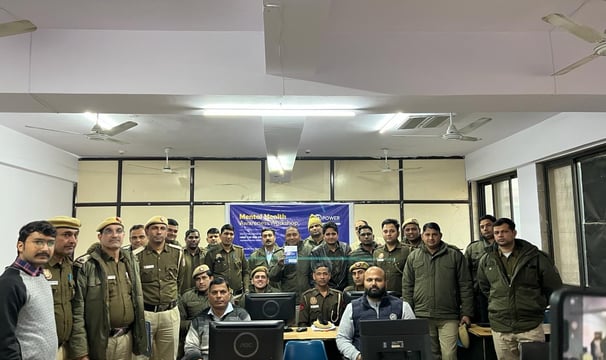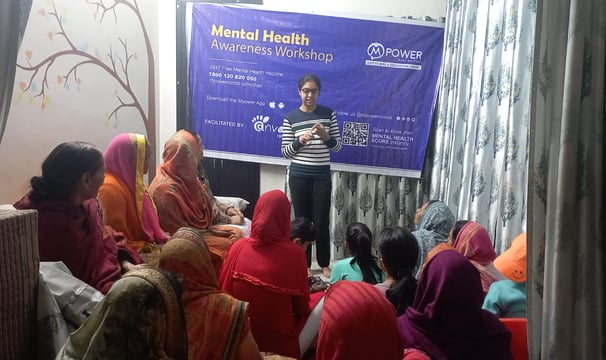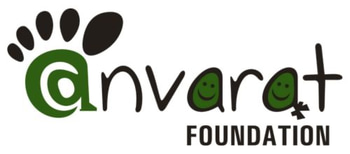MPOWER – Mental Health Workshop
Anvarat Foundation, in collaboration with MPower, organized a series of mental health workshops aimed at spreading awareness, breaking the stigma, and promoting emotional well-being among diverse community groups in Delhi. The initiative focused on grassroots-level engagement through a combination of mobilization, interactive sessions, and the distribution of user-friendly IEC (Information, Education & Communication) materials such as flip books and stress balls.
With a mix of presentations, group discussions, and activities, the workshops created safe and supportive spaces for participants to understand mental health better, share their experiences, and learn coping strategies for stress and anxiety. A total of 151 sessions were conducted, reaching 8,008 individuals, cutting across age, gender, and socio-economic backgrounds.


10+
2000+
Girls
Villages
Project Overview
The program was designed to be inclusive, interactive, and accessible, ensuring that mental health conversations reached even those unfamiliar with the topic. The following key components were central to the success of the workshops:
Key Components:
Community Mobilization and Inclusive Participation: Outreach teams actively mobilized community members, ensuring participation from varied groups including students, homemakers, workers, and the elderly. This helped create a diverse learning environment where participants could learn from and support each other.
Use of IEC Materials for Easy Understanding: To aid retention and simplify complex ideas, materials like flip books and stress balls were distributed. These tools were designed to make mental health education approachable and engaging, especially for those with limited prior exposure to the topic.
Interactive Presentations and Group Activities: Each session involved structured presentations covering key mental health topics—such as stress, anxiety, emotional regulation, and self-care—alongside group activities that encouraged collaboration and discussion. These helped participants internalize concepts and apply them to real-life situations.
Safe Space for Dialogue and Expression: Workshops fostered a non-judgmental environment where participants felt comfortable sharing their thoughts and experiences. This open dialogue helped reduce stigma and empowered individuals to seek help when needed.






